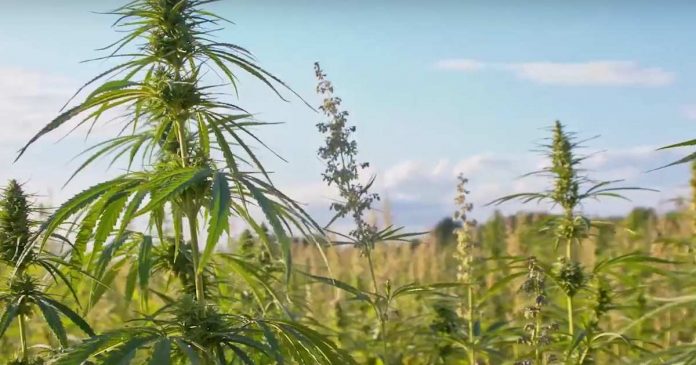Florida Governor Ron DeSantis has (finally) signed an important industrial hemp bill into law, albeit with little fanfare.
Hemp cultivation in the state has previously only been authorized at the University of Florida and Florida Agricultural and Mechanical University; but implementation of SB1020 will change this.
SB 1020: State Hemp Program authorizes Florida’s Department of Agriculture and Consumer Services to oversee and administer the cultivation, handling, processing, and sale of the crop. The bill was passed in the Senate in early May 39-0, after a House vote 112-1 in favour in late April.
While Governor DeSantis wasn’t exactly crowing about his inking of the bill and pretty much left it to last minute, the news was enthusiastically welcomed by the state’s Agriculture and Consumer Services Commissioner Nikki Fried. Ms. Fried has been a huge supporter of the return of the crop to the state.
“This is a transformational and critical step on the journey to creating a green industrial revolution, strengthening agriculture with an alternative crop of the future, and expanding access to safe, quality CBD products,” said Commissioner Fried.
The Department recently released its draft rules for the new state hemp program, which are to be finalized in the coming months.
“… we’re hitting the ground running to build a state hemp program that will be a model for the country.”
The rules make special note that hemp is a potentially invasive plant species and a threat to the plant life of Florida if not properly controlled. The ability of cannabis to adapt to various conditions is one of the reasons it earned the name “weed”. Hemp grows wild in many locations across the USA, and these plants are known as “ditch weed”. Pest it may be in some circumstances, but as we recently mentioned this wild hemp could be an important source of strains suited to local conditions that farmers can plant – nature continued its work right throughout prohibition.
But back to Florida specifically, Commissioner Fried says the state has the potential to become the “gold standard on hemp”. That may be the case, but it will need to get its skates on as many other U.S. states are already well into their industrial hemp journey.


